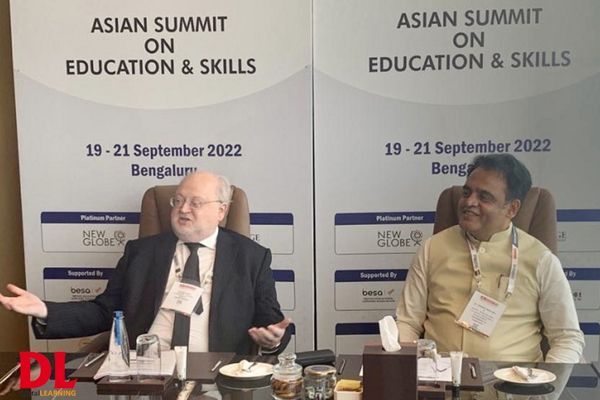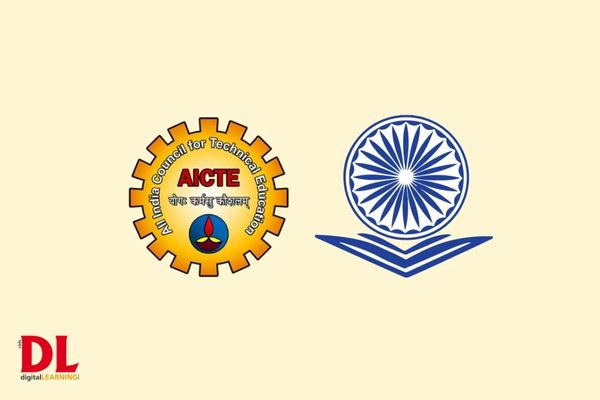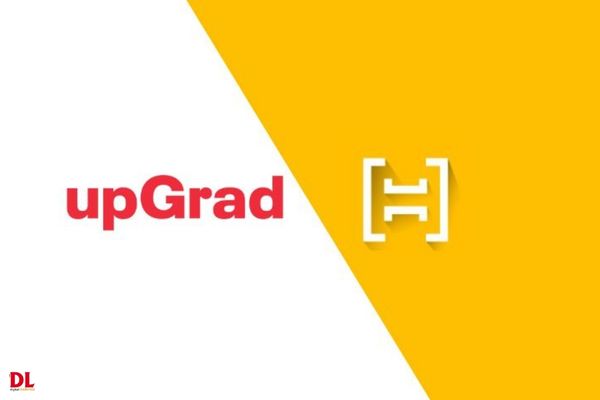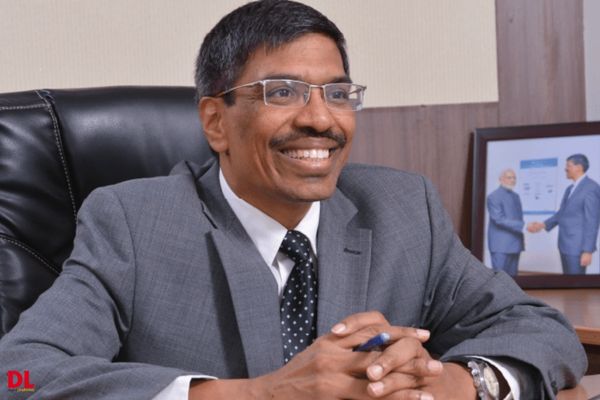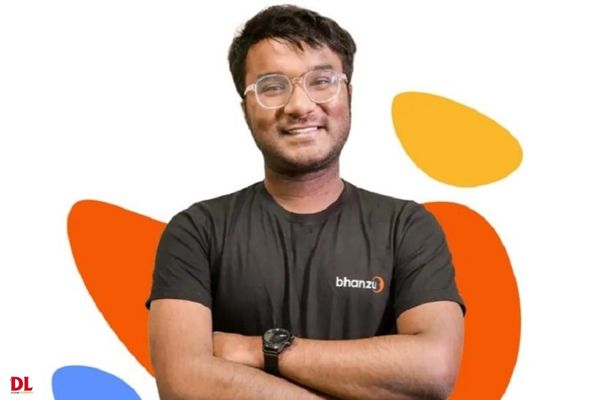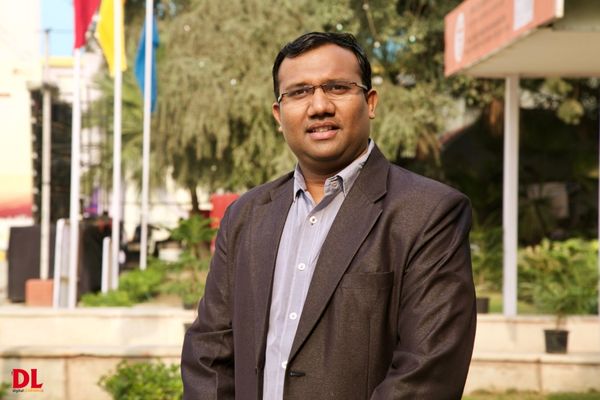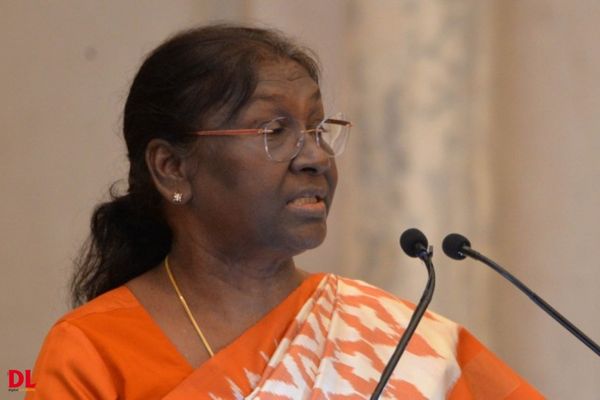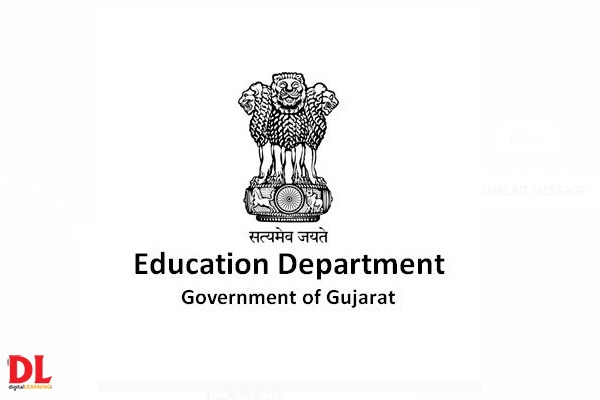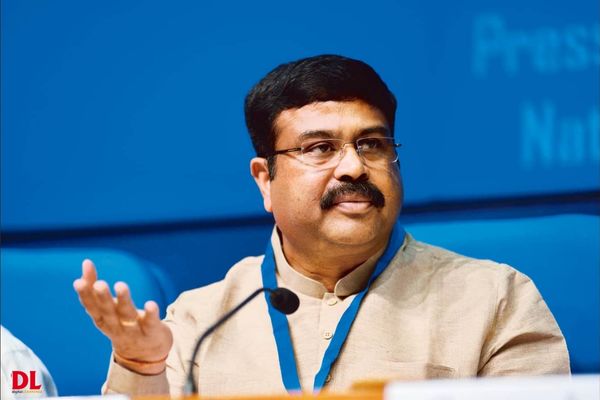The Department of Higher Education of Government of Karnataka is stepping up to deepen strategic partnerships with universities in the United Kingdom to boost higher education.
Dr CN Ashwath Narayan, Minister for Higher Education; IT and BT, Science and Technology; Skill Development, Entrepreneurship and& Livelihood, Government of Karnataka met with Professor Sir Steve Smith, UK Government International Education Champion, to strengthen relationships between universities in the UK and in Karnataka, to extend cooperation the spaces of research cooperation, joint degrees, twinning, and exchanges.
The discussion took place at the most significant educational expo and conference, the Asian Summit on Education and Skills (ASES) and DIDAC India 2022 in Bengaluru.
DIDAC India is organised by India Didactics Association (IDA), the only industry body for education and skill sector in India, and is supported by the Union Ministry of Education, the NITI Aayog, the Ministry of Skill Development and Entrepreneurship and the Education World Forum, hosted by the Department of Higher Education of Government of Karnataka and supported by AICTE and NCERT.






